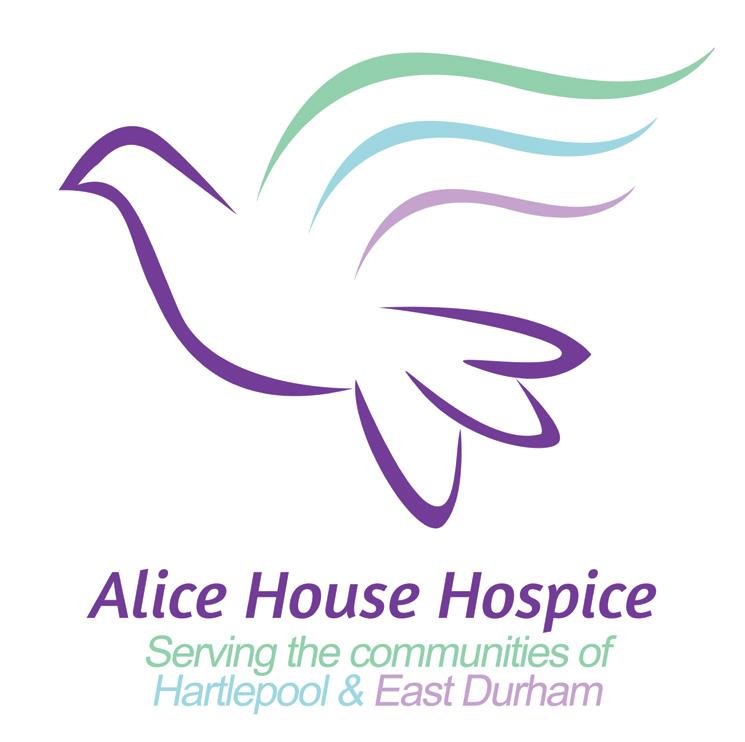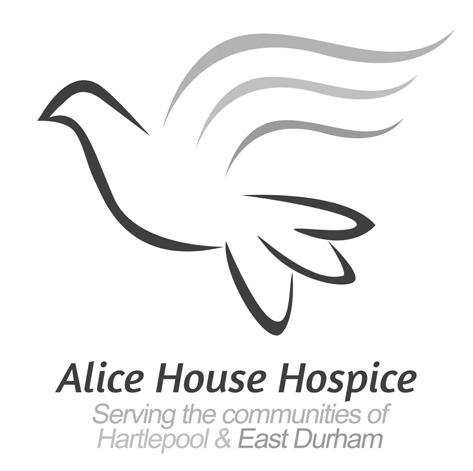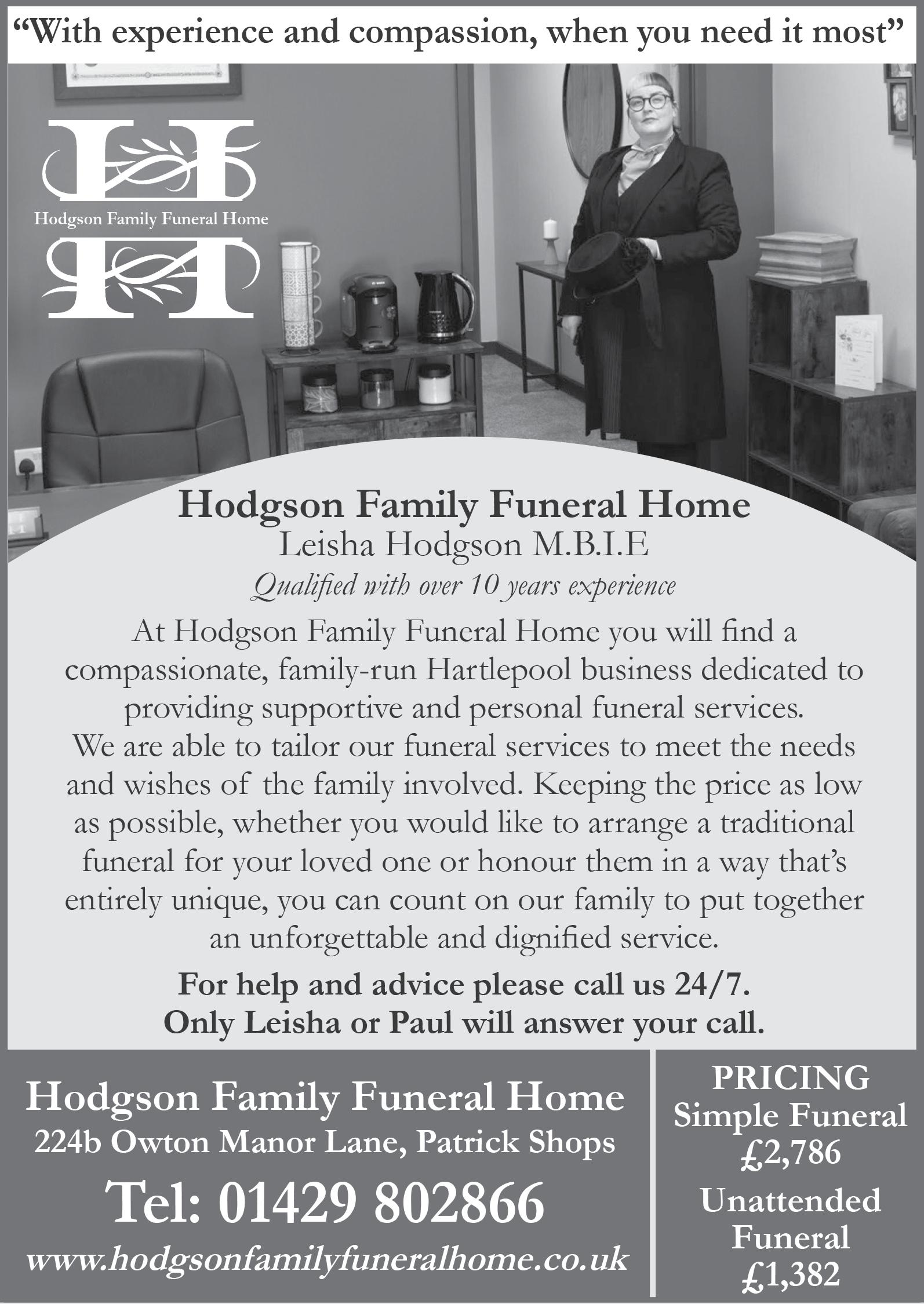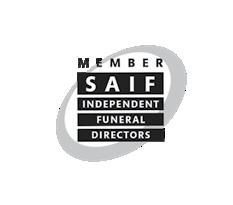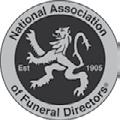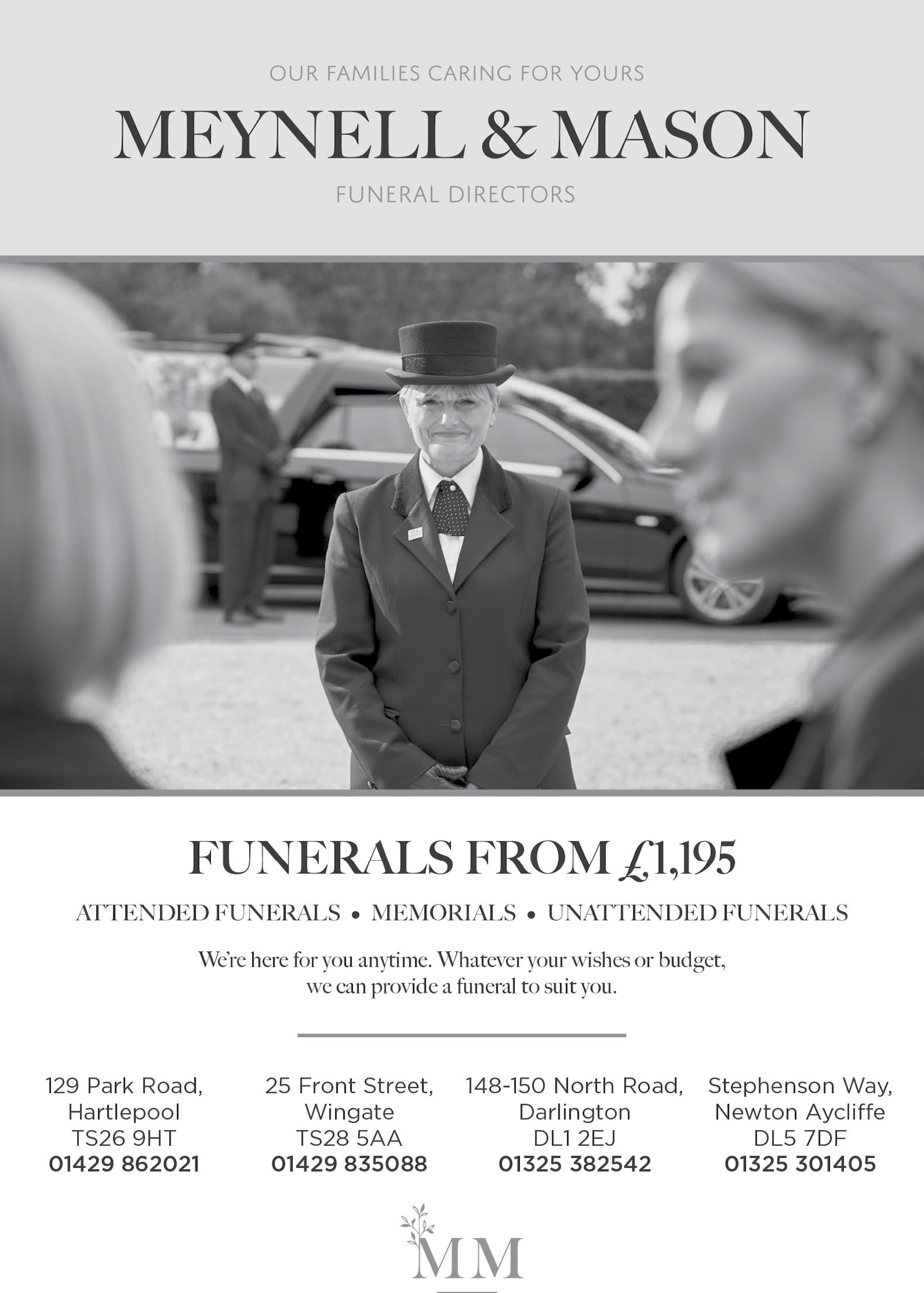The Medical Examiner and Registering a Death
When someone dies at Alice House, the Medical Examiner is informed of the death by our hospice doctors. Medical Examiners are senior medical doctors who have a statutory responsibility to independently review the cause of all deaths. They make sure the cause of death on the Medical Certificate of Cause of Death (MCCD) is accurate and decide whether there should be further investigations by the coroner.
You will be contacted by the Medical Examiner’s office who will be able to confirm your loved one’s cause of death, discuss the care they received, answer any questions or concerns and explain the wording on the medical certificate agreed by the doctor and Medical Examiner.
Medical Examiners make every effort to avoid any delays and work with doctors as well as families and carers of the person who died to meet the legal requirements for registering deaths. Medical Examiners and Medical Examiner Officers will try to be flexible, for example where relatives would like the body to be released quickly.
The Medical Examiner will send the medical certificate to the Registrar (at Hartlepool Civic Centre) and explain to you what you will need to do. You have five days to register the death once the Medical Examiner contacts you.
You can contact the Medical Examiner office here: Email: nth-tr.medical.examiners@nhs.net
Telephone: 01642 383088
Opening hours: 08.30 - 16.00, Monday to Friday.
How to register a death
The medical death certificate will be forwarded to the Registrar’s office (Civic Centre) by the Medical Examiner once completed. You will need to register the death within five days, unless a Coroner is conducting an inquest into the circumstances (please see page 3).
The death must be registered at the local office of registration, which is in the; Civic Centre Victoria Road Hartlepool TS24 8AY
An appointment system is in operation. To make an appointment you will need to telephone the following number: Telephone: 01429 523337.
The Registrar’s Office is open at the following times:
Monday 9:00 - 5:00 pm
Tuesday 9:00 - 5:00 pm
Wednesday 9:00 - 5:00 pm
Thursday 9:00 - 5:00 pm
Friday 9:00 - 4:30 pm
For general enquiries telephone from 08:30: 01429 523337.
A maximum of two people should attend the Civic Centre. To register the death you must have the following information:
• The date and place of death
• The date and place of birth
• Name and surname including maiden names and any names formerly known as
• Usual address and occupation/previous occupation of your loved one
• Marital status
If they were a widow/widower, married or in a civil partnership at the time of their death, you will need to provide:
• The name of their spouse/partner
• Spouse/partner’s occupation or previous occupation if they had retired
Who can register the death?
• A relative of your loved one who was present at the death.
• A relative who was in attendance during their illness.
• A relative residing or being in the district when the death occurred.
• A person present at the time of death.
• The person dealing with the funeral arrangements (who is not the funeral director).
You will need to take with you:
• Please provide document(s) for your loved one showing the name, date of birth, place of birth and address.
• This could include: passport, driving licence, utility bill/bank statement, birth certificate, NHS medical card, marriage/ civil partnership certificate, deed poll.
At the Register Office you will be issued with a copy of the Death Certificate. If you think you may need more than one copy to give to other parties, e.g. insurance companies, it would be better to obtain more copies at this time, as some organisations may not accept photocopies of the certificate (the fee for certificates copied is currently £12.50).
Who else do you need to inform?
There will be people who need to be informed of the death and things that need to be attended to. The following list may help to guide you but it will not include everyone or everything.
Equipment that has been borrowed will need to be returned to the District Nursing Services, Hospice or Hospital. Services and appointments need to be cancelled.
People to inform may include:
• Landlord or local council – if the property is rented
• Employer, Pension Provider and Tax Office
• Children’s school and teacher, if a parent or close relative has died
• Solicitor
• Passport Office
• Council Tax
• Driving and Vehicle Licensing Agency (DVLA Swansea SA99 1AB)
• Insurers – Life, Health, House and Car etc.
• Bank, Building Society, Post Office and Premium Bonds
It may be useful to check whether debits/payments are being made on insurance policies, personal loans, house, car, credit cards, rental/hire purchase agreements, etc.
The remaining partner may also have to change the name for household services: electricity, gas, telephone, TV licence, insurance policies etc.
You may also be entitled to certain state benefits or allowances because of a change in your circumstances. Your local Job Centre Plus or Pension Service will be pleased to help you. Ring your local office and ask to make an appointment with the bereavement officer.
Job Centre Plus 0345 604 3719
Pension Service 0345 606 0265
Website: www.gov.uk/government/organisations/ department-for-work-pensions
Equipment returns:
Tees Community Equipment Service (TCES) 01642 224205
Dolby Vivisol (Oxygen return) 0800 917 9840
Wheelchair services (Return) 01429 522471
Burial
Firstly find out if a plot in a churchyard or cemetery has already been arranged. Check the Will or any other papers which might inform you. If you want the burial to be in a churchyard, you find out from the priest or minister about the plot and the right to burial there.
If it is a new grave, the cost of a headstone is extra to the funeral cost. If it is an existing grave, there will be a charge for reopening the grave and for any extra inscription to be made on the headstone.
If cremation is the wish of your loved one, it is possible to have interment of ashes into a family grave. The funeral director can arrange this and advise you as necessary.
Post Mortem
Where the cause of death is uncertain, a post mortem may be required. This includes when an industrial claim is being made. Until this has been performed (where required), neither a burial nor cremation can take place. In this instance, the hospice team will offer guidance on what happens next involving the coroner.
Cremation
No one can be cremated until the cause of death has been identified. There will be certain forms you will be required to sign. The local authority governs the cost of the cremation.
Hospice staff will contact the funeral director of your choice as soon as possible.
The funeral directors will explain everything you need to know clearly and find out your special requests at a later date normally in your own home. If you wish, a service may be held at your own church before the committal takes place at the crematorium.
It is important to state clearly what you would like doing with the cremated remains. This could include a favourite spot, a garden of remembrance, or at sea.
They may be placed in a churchyard, taken to the cemetery and placed with other family members, or you may want to keep them yourself.
A funeral outside the United Kingdom
Only the Coroner can give permission for a funeral to take place outside the United Kingdom. This has to be obtained at least four days (at the Coroner’s discretion) before the body is to be moved, so that they can carry out any necessary enquiries. You will be given a removal notice, part of which is sent to the Registrar. Permission must be obtained in every case.
Solicitors, Wills and legal matters
You should ascertain if your loved one has made a Will and consult the solicitor who holds it in order to carry out your loved one’s wishes. The Will should disclose the funeral wishes and the name of the executors or the persons legally entitled to deal with the estate of your loved one. The solicitor will help you with the administration of the estate and any questions relating to taxation that may arise. A solicitor can also help if there is no Will, or if the terms of the Will are no longer appropriate.
If you think you may be eligible for legal aid, discuss it with the solicitor or contact the Citizens Advice Bureau, Law Society, Public Library, Police Station or Court for advice.
Help from your Doctor
Everybody reacts differently to bereavement and whilst most people will manage their grief without medical attention, sometimes people do run into difficulties such as prolonged sleeplessness or depression. Your family Doctor is there to help you (and may be able to prescribe something appropriate). They may put you in touch with a counsellor or give advice on bereavement support groups in your area.
Grief
When someone close to us dies we probably experience the most severe form of loss in our lives. It is important to remember there is no ‘right’ or ‘wrong’ way to grieve, but that grieving is a necessary part of recovery. Grief can be painful and we may experience a whole range of strong feelings, thoughts and physical symptoms we did not expect and which can seem frightening and strange. It may take some time to get through this process and unfortunately it cannot be hurried.
The immediate impact of loss
Initially the shock, numbness and disbelief can make everything seem unreal. Gradually as the numbness wears off we may begin to feel the full impact of our loss. It is important for us to admit and express our feelings, not deny them. The natural process of grief involves experiencing times of intense feelings and then periods of quiet. Allowing ourselves to move in and out of the pain instead of denying our feelings enables us to go through and complete the process in a more healthy way.
Grief reactions
Grief is a process, rather like going on a journey that you wouldn’t choose to take. The death of someone can be shocking, painful and seemingly impossible to accept. Every aspect of our life is thrown off balance. We may find our eating and sleeping patterns are affected and we can’t concentrate. We may experience a bewildering array of intense and conflicting emotions which include sorrow, disbelief, anxiety fears and panic, despair and depression, self pity and anger, guilt, regret, isolation or a sense of vulnerability. All these are natural feelings of grief which may occur together or at different times.
Sometimes we become preoccupied with the person who has died, we may think that we have seen them in the street, we may dream about them or hear them call our name. Such vivid experiences can feel very frightening but they are not unusual. Angry feelings can be difficult to deal with, particularly if we feel angry with the person who has died. This is a natural response to the disbelief, frustration and helplessness we feel when confronted with death.
For children in the family
A child may experience the same range of emotions that adults do, but children can find it incredibly difficult to identify their emotions, they don’t always have the language to express how they feel, and therefore, have problems expressing feelings appropriately. A change in the child’s behaviour is often the first sign of reaction to bereavement and shows they are struggling with these difficult emotions. Inevitably the age of the child has a direct impact on their level of understanding about what has happened, but try to be direct, clear and honest. When children are not told things they can feel left out and are often confused. Sometimes this can result in them blaming themselves for what happened. Helping children talk about the person who died helps them to understand and cope with what is happening.
Remember
• Talk to children using words they understand.
• Tell children information a bit at a time.
• Don’t be afraid to show children how you are feeling.
• Try and encourage children to ask questions.
• Answer questions honestly and simply.
• Try to find ways in which children can be involved.
Give children a choice about going to the funeral after explaining what will happen. Reassure them they can change their mind at any time.
Someone from the Hospice will contact you to offer support and to let you know what other help is available from the Hospice following your bereavement.
Bereavement can turn your world upside down and is one of the most painful experiences you will have.
Bereavement Service Number 01429 855550
Reference: Alice House Hospice Bereavement Booklet
Publication date: April 2025
Review date: April 2027
